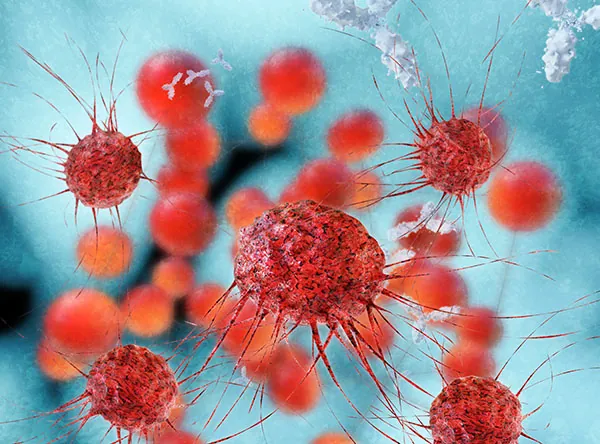Fuel is important and our choices in fuel are equally so. We put high-test in our cars, buy organic milk for our children and we obsess about our coffee! If we’re willing to go to these lengths, why not be more discerning about how we nourish ourselves? In plain terms…...
Triple Negative Breast Cancer – What Every Patient Should Know
Nearly 15-20% of breast cancers are so-called “triple negative,” meaning such cancers have tested negative in pathology reports for estrogen receptors, progesterone receptors, and Her2/Neu. The growth of these cancers are not fueled by estrogen and progesterone, as are most cancers, and therefore, do not respond to hormonal therapies such as…...





















